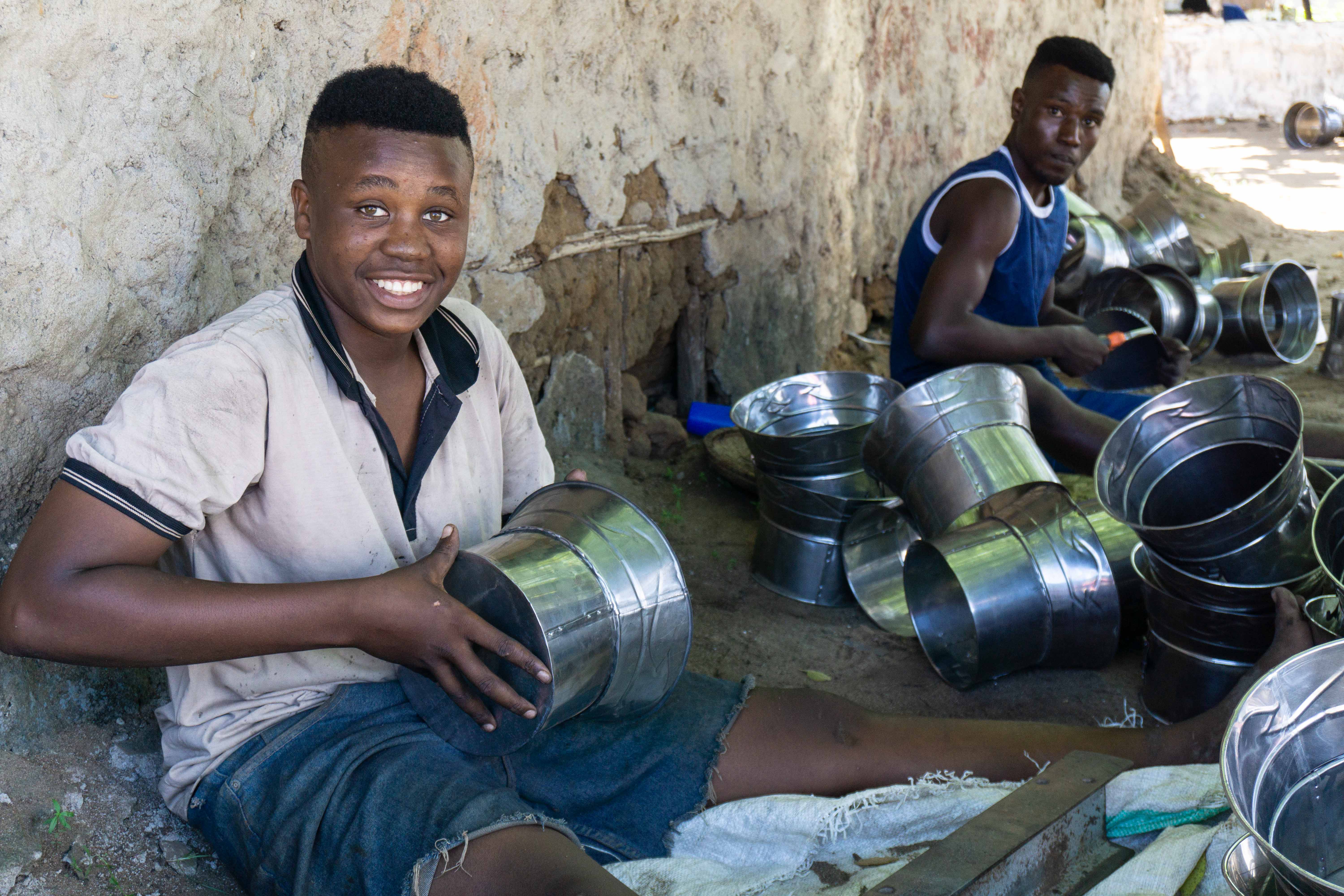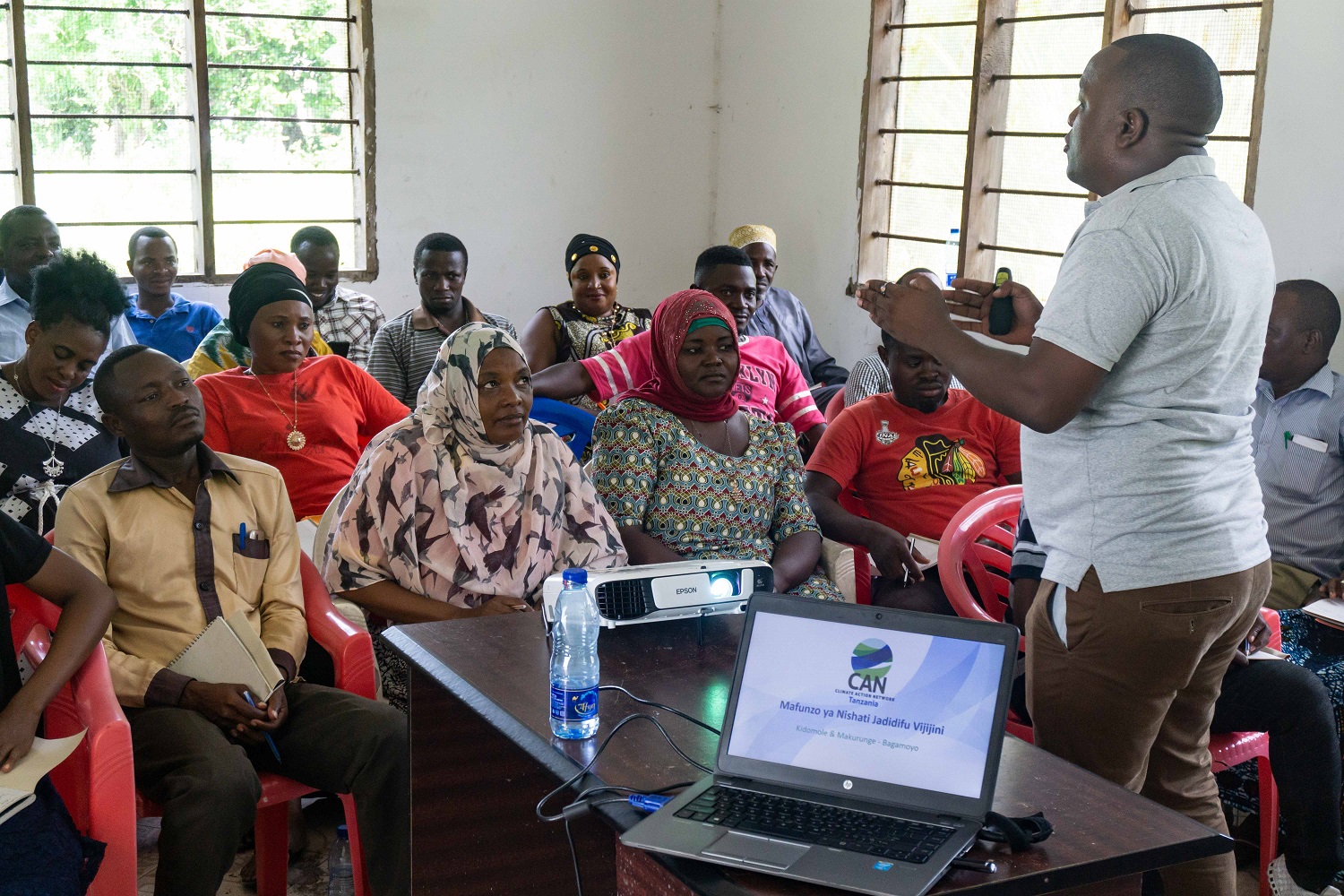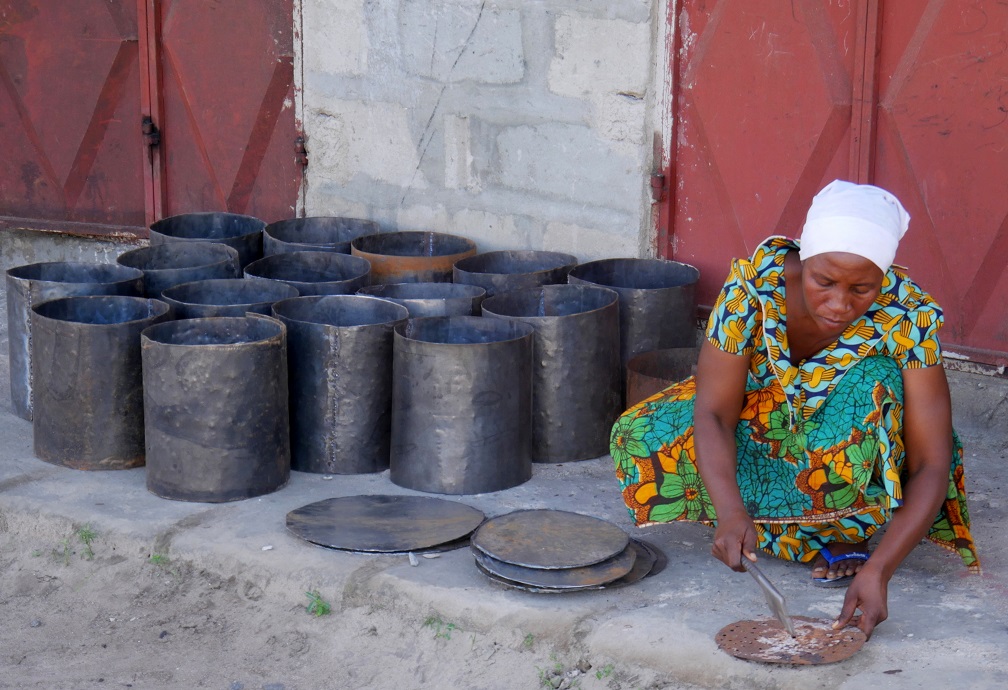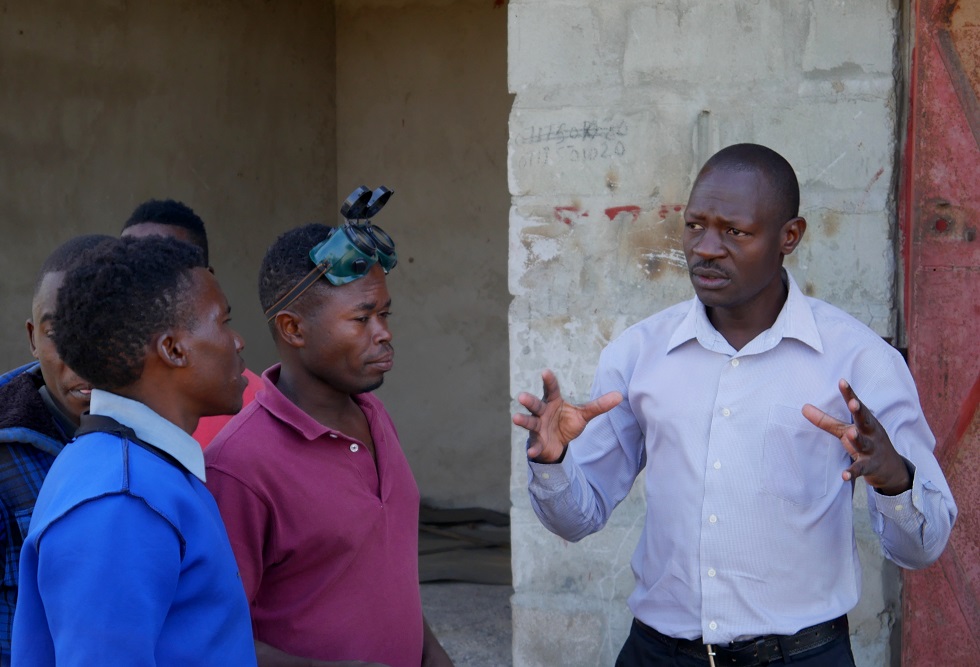Clean and Affordable Energy: Contextualising the bottom-up approach on influencing the transition to clean and affordable energy systems in Tanzania

The existing policies poorly protect climate vulnerable groups and unreliable climate services increase the exposure of their livelihood activities to current and future shocks. Vulnerable communities are highly exposed to climate change and experience loss and damage due to low adaptive capacities and poor livelihood diversification approaches.
Through lobbying and advocacy work we enhanced the awareness especially on the local level to ensure the green energy transition. The entire project was based on a baseline study, which will provided a benchmark for technical backstopping for local CSOs and revealed existing potential for transitioning to clean and affordable energy in Tanzania. This was aligned with various capacity building activities on topics like clean energy technologies and clean cooking. The effective use of clean energy for LGAs, village leaders, community development groups, CSOs and highly marginalized groups such as woman and youth was promoted as well.
During strategic meetings and trainings a lobbying strategy was developed. Furthermore, we organized a clean energy essay and drawing competition as well as discussions in secondary schools to enhance the public dialogue on transitioning to clean and affordable energy.
Project Impact
CAN on the field

Raising awarness for Renewable Energies: Workshops with a community on the benifits of Renewable Energies

Clean cooking stoves: A women learns how to build a stove, that burns less charcoal

Building the capacity for clean cooking: Empowering the youth in workshops on building clean cooking stoves
